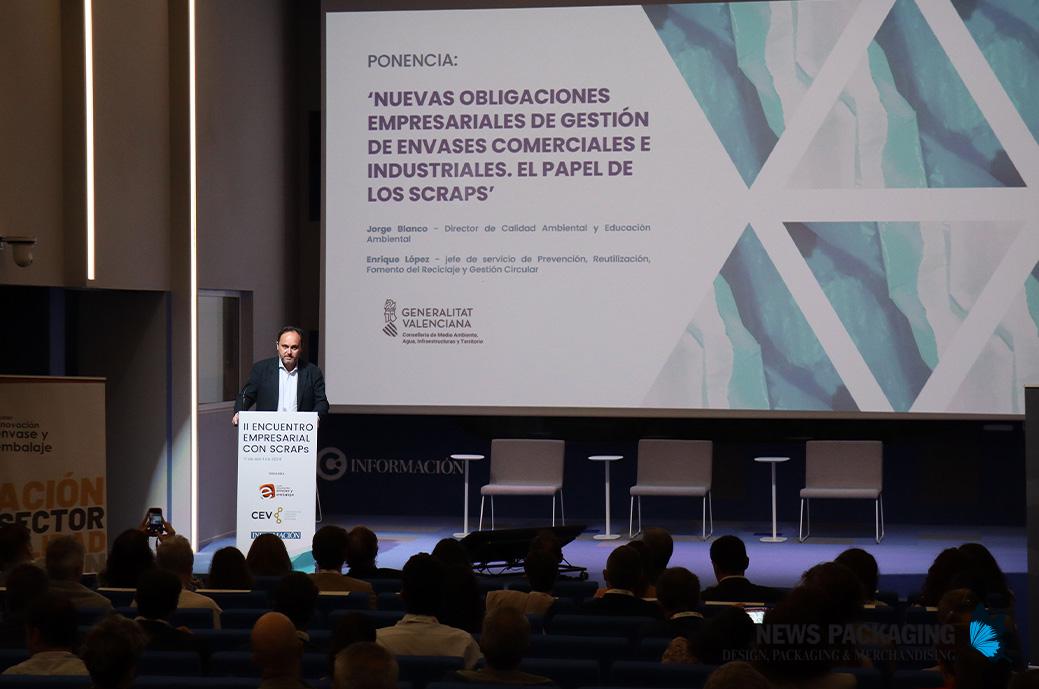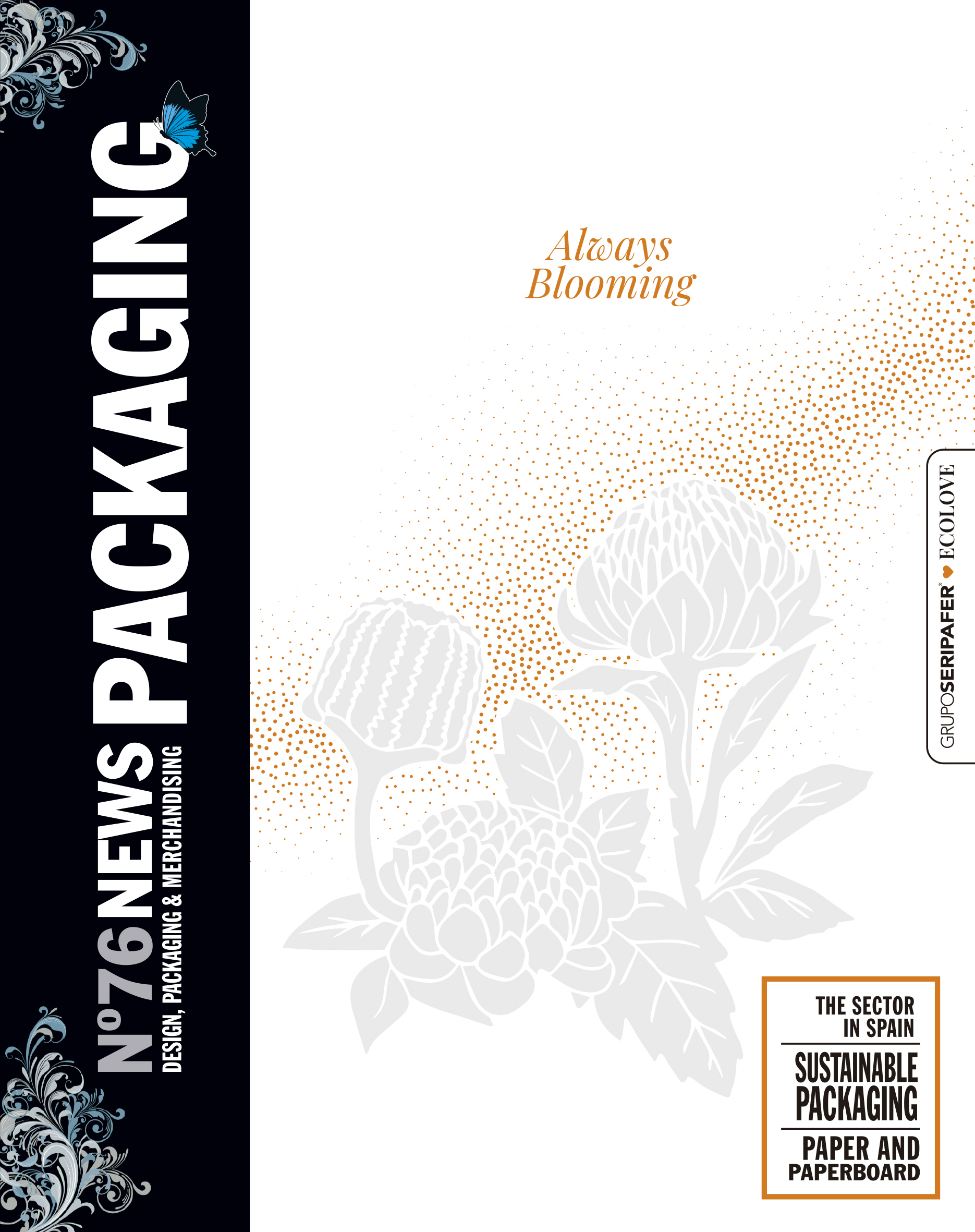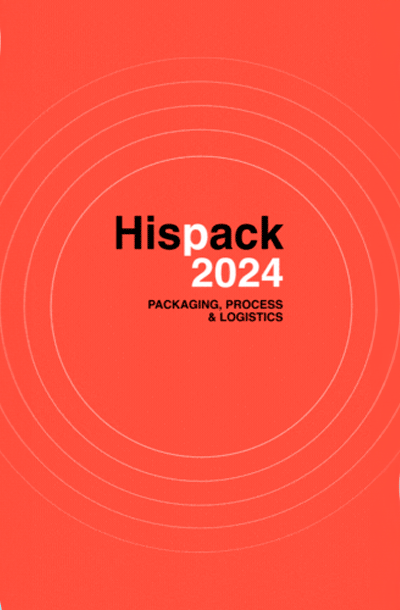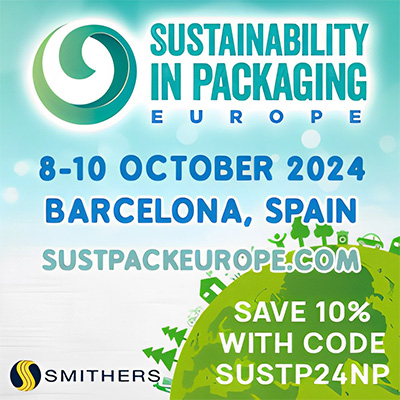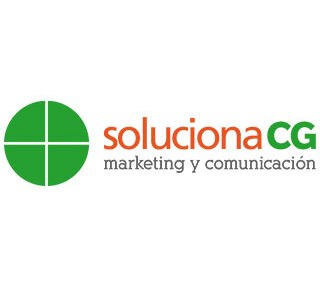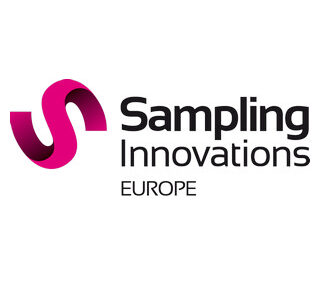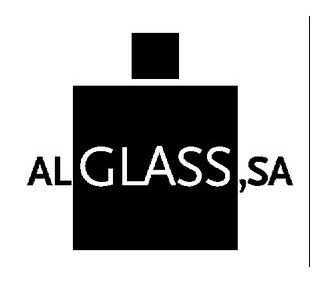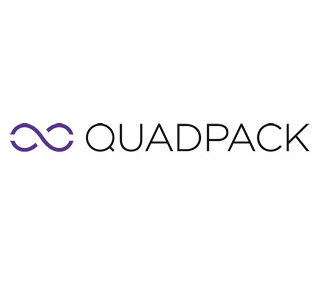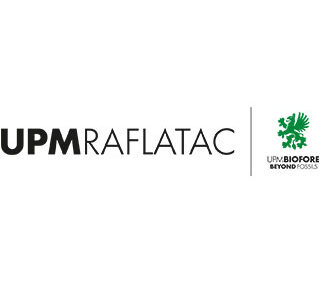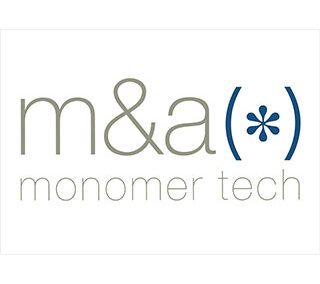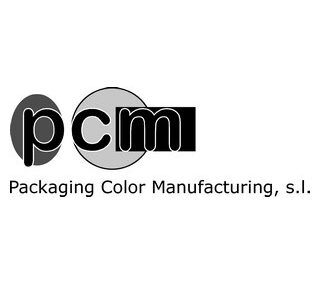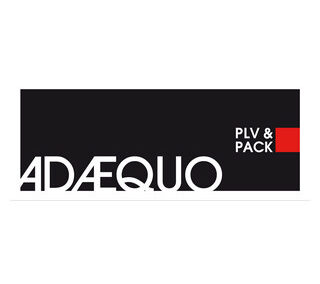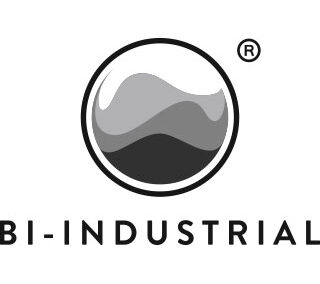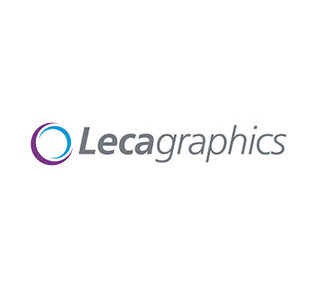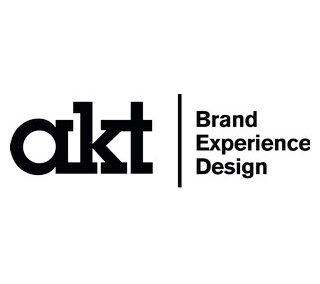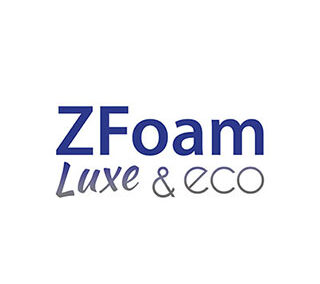The Collective Systems of Extended Producer Responsibility (SCRAPs) emerge as a solution to comply with the obligations of the Royal Decree on packaging and packaging waste that all companies must comply with. This has been one of the main messages of the business meeting with all the SCRAPs in Spain held this week at the Information Club in Alicante, which was attended by more than 170 professionals.
In this session, co-organized by the Container and Packaging Innovation Cluster and Business Confederation of the Valencian Community (CEV), companies have had the opportunity to resolve doubts and receive information about the new regulatory framework, which requires them to manage and finance the waste generated by the industrial and commercial packaging they put on the market.
To start the meeting, Silvino Navarro, president of the Commission and Sustainable Development of the CEV, highlighted the high attendance, which demonstrates the interest in fulfilling obligations. He has also added that if it is already a challenge for large companies, it is even more so for small companies since, although their environmental impact is reduced, they are forced to carry out numerous administrative procedures. Likewise, he has highlighted that the CEV continues to ask the administration for real deadlines so that companies can be rigorously informed of these requirements, since there is an infinite number of cases, and that the necessary structures be generated to facilitate compliance.
He also participated in the inauguration Jorge Blanco, general director of Environmental Quality and Environmental Education of the Department of Environment of the Generalitat Valenciana, who has highlighted the fundamental role of SCRAPs in sustainable waste management, facilitating the selective collection and recycling of materials and their recovery, and preventing them from ending up in landfills. Likewise, he added that waste management is a challenge in constant evolution, and wanted to highlight that all companies that put packaging on the market must pay for its management and recovery, and that it is essential to deepen collaboration with the rest of the actors to further promote sustainable waste management.
Meanwhile, the first presentation was by Enrique Lopez, head of the Prevention, Reuse, Promotion of Recycling and Circular Resource Management Service of the Department of Environment of the Generalitat Valenciana, who has stressed that it is necessary for companies to abandon everything they did with the previous law because it is no longer valid, and they also have to assume the total financial and organizational expenses. He explained that the scope of application is all packaging placed on the national market and waste generated, explaining the obligations. Among others, López has detailed that all companies must be registered in the Registry of Product Producers in the packaging section, and that they must provide information on all packaging before March 31 of each year, being something fundamental for the administration.
The moment of SCRAPs
One of the main objectives of SCRAPs is to help companies comply with legal regulations related to waste management and environmental sustainability. These systems are collective and are dedicated to promoting the prevention, recycling and circularity of products throughout their life cycle. In this sense, the representatives of the SCRAPs of Spain have been in charge of presenting their services to the companies present in a part energized byJesús Pérez, director of Cluster of Innovation in Containers and Packaging, who highlighted that the Cluster can help the entire Value Chain to comply with this regulation.
On one hand, Carmen Martinez, director of LOCATE, has indicated that they are responsible for guaranteeing the correct management of packaging waste, with more than fifteen years of experience helping companies comply with the obligations derived from the extended producer responsibility through REINICIA, specialized in electronic devices. It is a system that guarantees the active participation of all partners in decision-making and that fosters alliances between all the agents involved.
On the other hand, Susana Fernandez, development director at sigfito, has emphasized its experience of more than 20 years managing agricultural packaging and the nearly 3.000 collection points throughout the national territory to provide service to farmers. They have highlighted their experience in the channel and collection of the agricultural sector, so they are prepared to manage the rest of the packaging that is generated, expanding their services to packaging from the livestock sector, as well as insect capture traps.
Similarly, Violeta Sanchez, responsible for the Business area in Recyclia, has commented that they have the experience and participation of more than 2800 member companies and a long history of 25 years in the field of batteries and electronic devices. And it is a system specialized in commercial and industrial packaging made of all materials, single-use or reusable. We seek for all members to promote the circular economy by coordinating the economic flow, data and materials.
Esther Colino, Director of Public Affairs and Communication at Procircular, has detailed that it is a system that operates SCRAPs around the world, so they offer to be able to comply with the expanded responsibility of the producer in different countries and markets. He has also explained that his philosophy is to have all packaging in a single system, helping with compliance not only in Spain but abroad. He has also advised not to wait until the end of the year to choose the SCRAP because there are many obligations, such as the declaration of commercial and industrial packaging, packaging marking, information on the invoice, incorporation of recycled material in beverages, prevention and eco-design plans, reusable containers. , obligations in other markets, etc.
Likewise, Enrique Plan de Greta Point, has stated that it is a system promoted by the Quimeltia association, specialized in companies in the chemical sector (detergency and cosmetics, water treatment, agri-food and livestock industries). He highlighted that they seek to ensure that prices are the most competitive on the market and with maximum transparency, currently having 104 members, and is designed for all types of materials, single-use and reusable containers, the main material being polyethylene. high density.
Meanwhile, Laura sanz, general secretary of CONFECOI and coordinator of It implies, has spoken that the name of SCRAP comes from its involvement with packaging management, with correct waste management in Spain, with a multi-sector, multi-material vision, managing single-use packaging and with a lot of experience in reusable packaging. He has also explained that the experience is endorsed by CONFECOI, which has been facilitating compliance with legal obligations for companies regarding packaging waste since 1997. Likewise, he has highlighted his values, such as personalized assistance, more than 25 years of experience and respect for the existing system.
Equally, Ainhöa Lizarbe, HR director II. and Communication of Genc y SIGAUS, has said that it is a system that is already operational and authorized, with real experience with industrial and commercial, multi-sector, multi-package packaging, that has no membership fee and that respects the operations that are already in force. Likewise, he has detailed that they represent the interests of any sector, starting from the world of industrial oils that were already part of the system, and guaranteeing universal and free collection.
He has also participated Mayca Bernardo, Head of Communication at Appreciate, who has said that he is a system made up of more than 880 companies from various sectors and sizes that operate throughout the national system, mainly chemicals, but also automotive, plastics, construction, food industry, etc., that receive continuous training. They work on specialized management models for single-use packaging and for reusable packaging. He explained that they are making a large investment in digitalization and has presented the ENVANET platform to facilitate all the agents involved in the SCRAP to provide the necessary information to ENVALORA in an easy and efficient way.
One of the points he emphasized Sandra Anguiano, Director of Public Affairs at Ecoglass, is that they are specialists in glass management, with management identified by single-material collection through the iconic green container, and that they adapt to the needs of each municipality and each environment. In addition, it has clarified that they offer a global solution to companies for packaging management, with special collections for example for the hospitality industry, since this is where 50% of glass waste is generated. He has also highlighted that they have already achieved that 7 out of every 10 glass containers are recycled, which is the objective set by the Royal Decree for 2025.
Similarly, Miguel Angel Vazquez, commercial manager at Ecolec Foundation, has explained that they have more than 20 years of experience in waste management of electronic devices and batteries, which supports the creation of a SCRAP aimed at commercial, industrial and domestic packaging, efficiently fulfilling the responsibility of the producers that form it and ensuring the traceability of waste. They are aimed at producers of electronic devices, batteries and accumulators, as well as producers in related sectors (specialized distribution, household goods, home equipment, furniture and decoration).
For its part, Julio lópez, institutional relations manager at ECOEMBES, has stressed that it is necessary to move towards full circularity, offering its experience to support companies with both collective and individual systems, with new areas that they will cover. To this end, he explained that Ecoembes has a SCRAP for domestic packaging and another for commercial packaging, and that the objective is to provide services for all the obligations of the Royal Decree and compliance with all objectives. Likewise, he explained that they offer training services through TheCircular Campus and innovation services through TheCircular Lab.
In addition, Pilar Arrayás, director of Circular Cardboard, explained that it is a system created by the paper and cardboard value chain, represented by AFCO, ASPACK, ASPAPEL and REPACAR, and that it is the SCRAP of industrial packaging for all types of packaging and materials, ensuring traceability. of the management and recycling of industrial packaging of any material. He has also explained the delegation model, where the container manufacturer is the one who is attached instead of the product producer in the case of paper and cardboard.
Finally, John Ros, project and business development director at AEVAE, highlighted that it is a system aimed at manufacturers, packers and distributors of products for professional agricultural and livestock use, which guarantees collection and traceability for their correct recovery, with a system that has incorporated reusable packaging. It currently has more than 1000 collection points throughout the national territory and more than 165 participating brands.
In short, the meeting has served to inform Alicante companies and entities about the new packaging and waste management regulations, allowing them to learn about the options available to them to comply with these regulations and promote sustainable practices in their production.

